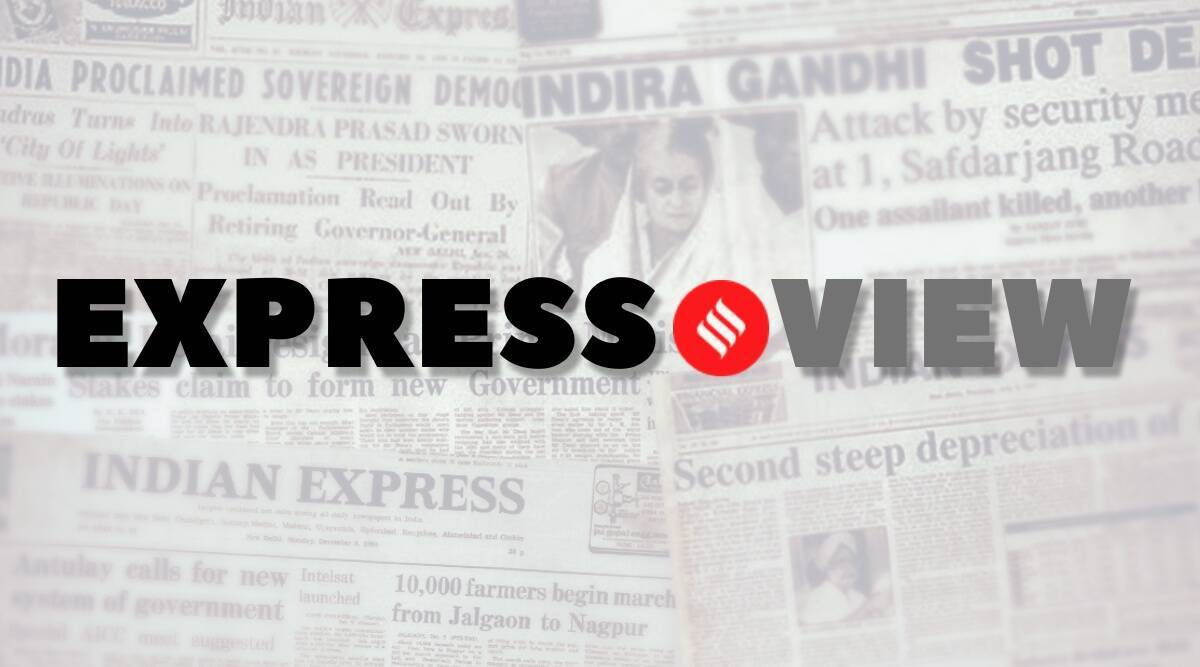 The PFI emerged from a radical strand in Muslim politics that found acceptance within a section of the community after the demolition of Babri Masjid in 1992 and the rise of Hindutva agendas
The PFI emerged from a radical strand in Muslim politics that found acceptance within a section of the community after the demolition of Babri Masjid in 1992 and the rise of Hindutva agendasThe nationwide searches and raids at various offices of the Popular Front of India (PFI) and arrests of its leaders have turned the spotlight on the activities of the organisation. The National Investigation Agency (NIA), which led the searches, has stated that it has “evidence that the PFI leaders and cadres were involved in funding of terrorism and terrorist activities, organising training camps for providing armed training and radicalising people to join banned organisations”. PFI workers have been arrested in the past for carrying out political murders as well as attacking people perceived to have insulted Islam — the sensational attack on T J Joseph, a college teacher in Kerala, for allegedly defaming the Prophet, had highlighted the violent nature of PFI politics. This has reinforced the perception about the PFI as a group that sees violence as a tool to push its polarising political agenda. However, it would be myopic to view the PFI challenge purely in terms of national security; it also poses a political challenge that needs to be framed in terms beyond arrests and FIRs.
The PFI emerged from a radical strand in Muslim politics that found acceptance within a section of the community after the demolition of Babri Masjid in 1992 and the rise of Hindutva agendas. It was also influenced by ideas of political Islam that gained ground after the Iranian revolution in the late 1970s. When SIMI, the most prominent exponent of this politics was banned, new groups emerged. These outfits ostensibly articulated their politics through the prism of rights guaranteed by the Constitution but their work often violated the norms of legitimate political action. The PFI was formed in 2007 through the merger of National Democratic Front in Kerala, Karnataka Forum for Dignity, and Manitha Neethi Pasarai in Tamil Nadu, after the Centre banned SIMI. The PFI is not a marginal or secretive political group. It works overground and its political wing, the Social Democratic Party of India (SDPI), is active in electoral politics. The PFI has been working to expand its footprint by claiming to represent the disenchanted and marginalised Muslims. It taps into wells of resentment to earn political legitimacy even if that means using violence and defying the rule of law. This is the political context of the appeal for the PFI.
It is for NIA and other state agencies to address the security threat that the PFI poses. States and the Centre need to work together on this. However, unlike insurgent groups that are delinked from the political process, the PFI and SDPI are woven into the social and political fabric of Kerala and parts of Karnataka and Tamil Nadu. At a time of majoritarian politics and steady shrinking of Muslim representation in political institutions, the PFI will always be on the lookout for fresh fodder. That is as serious a challenge as the one it poses on security.